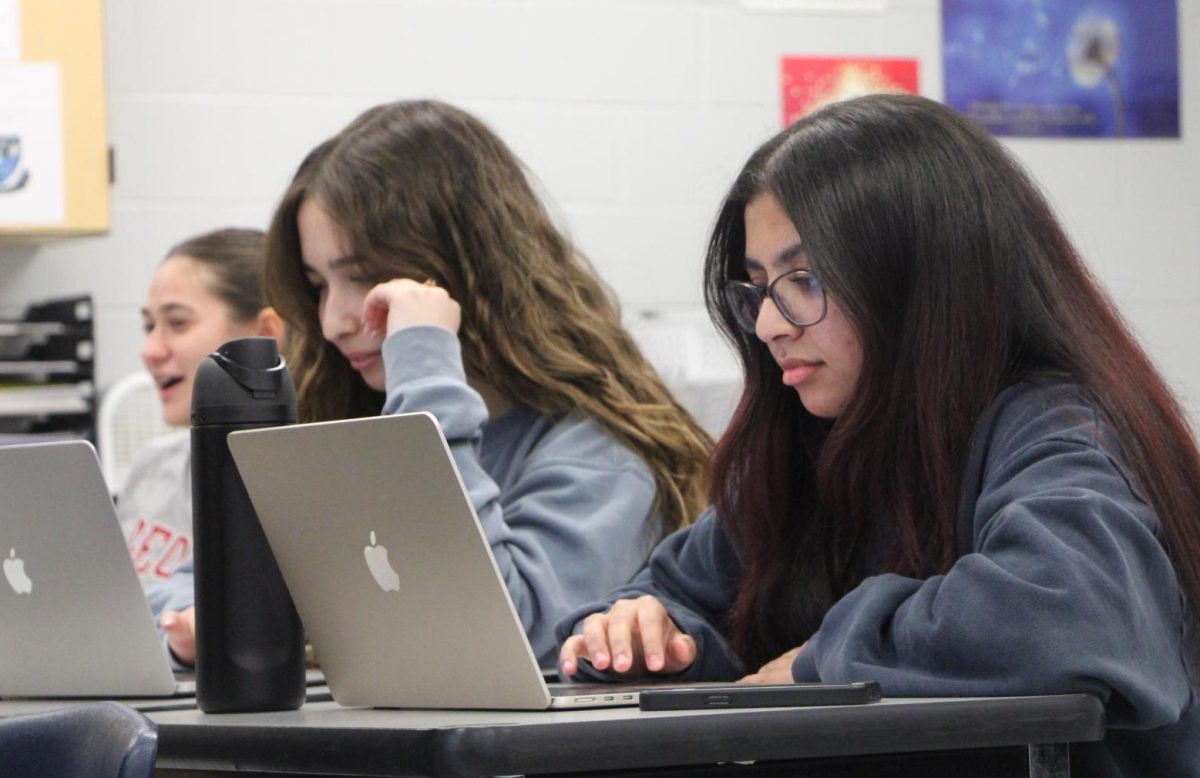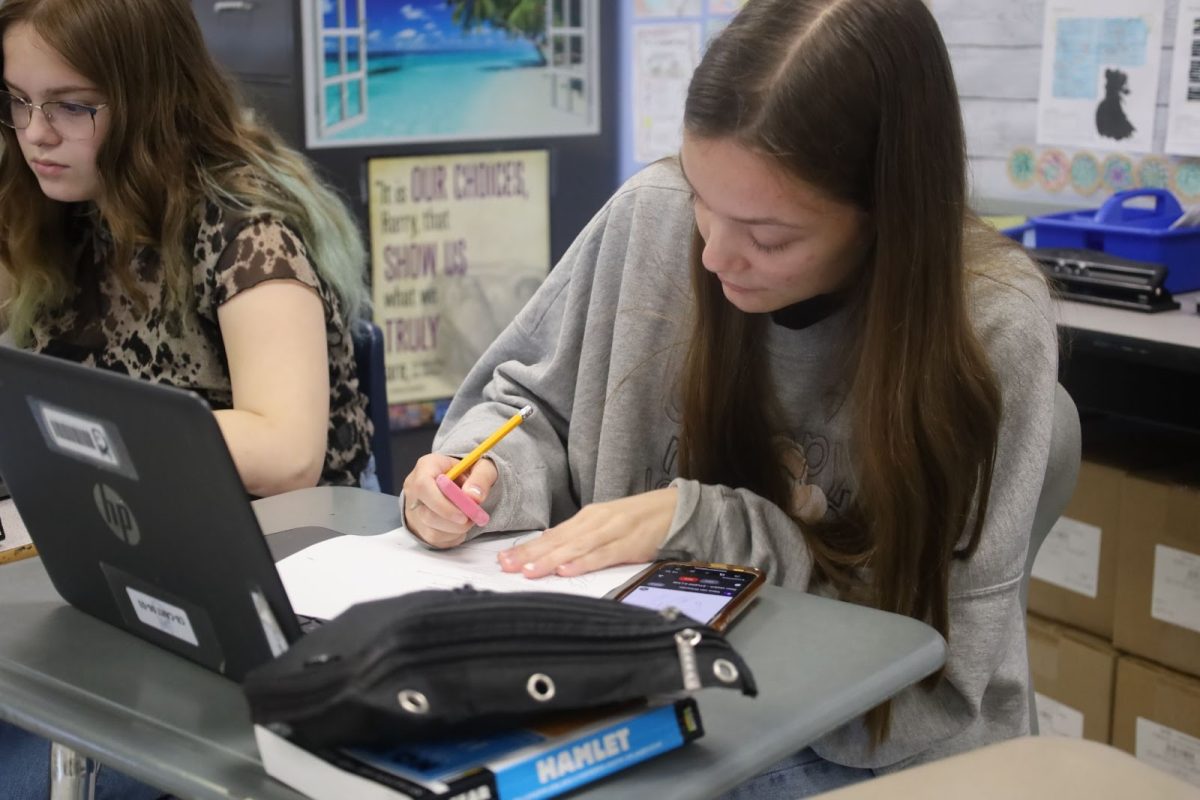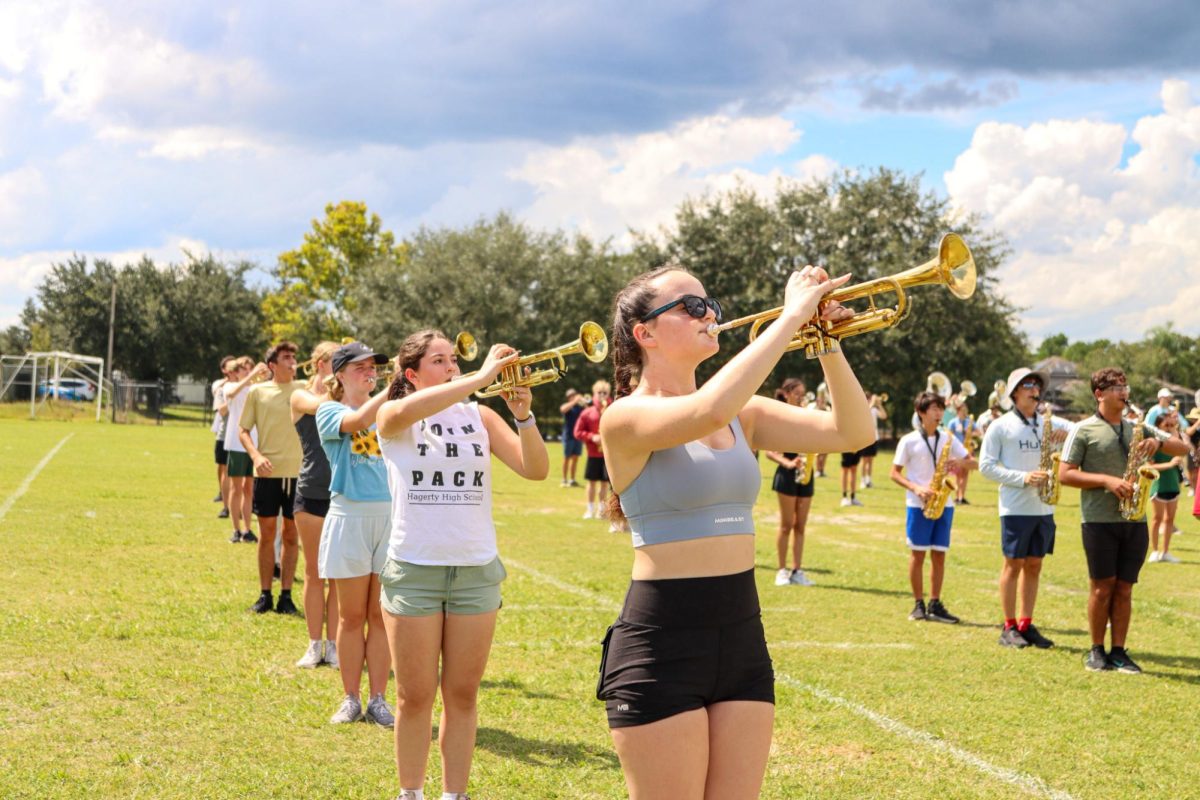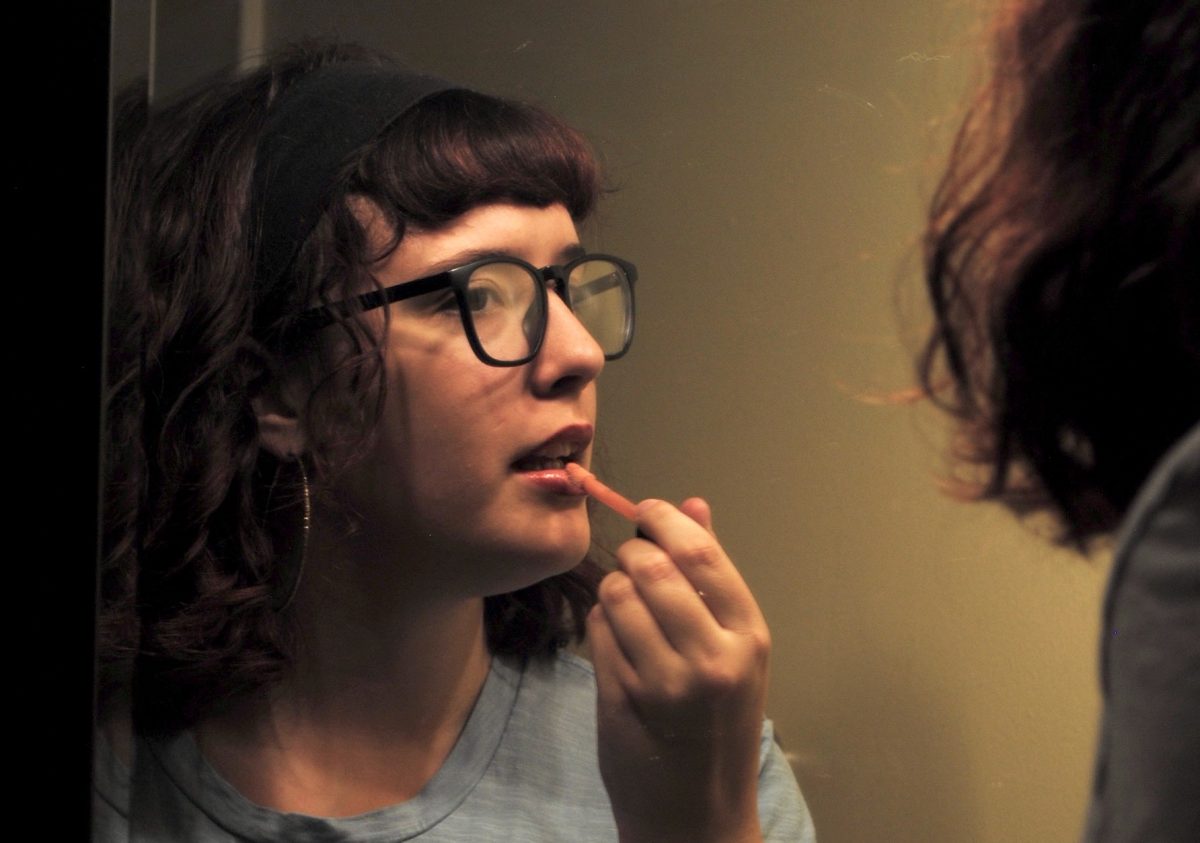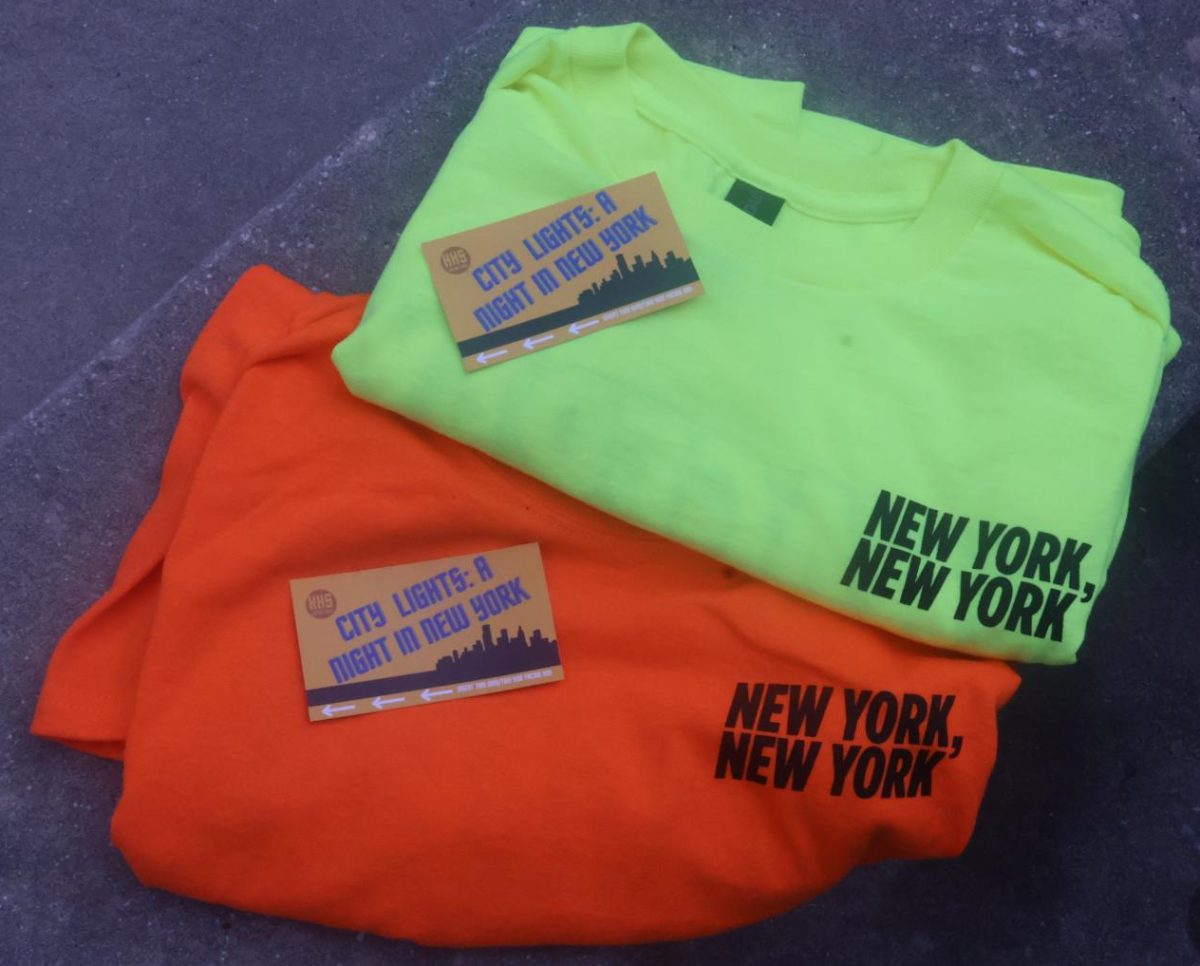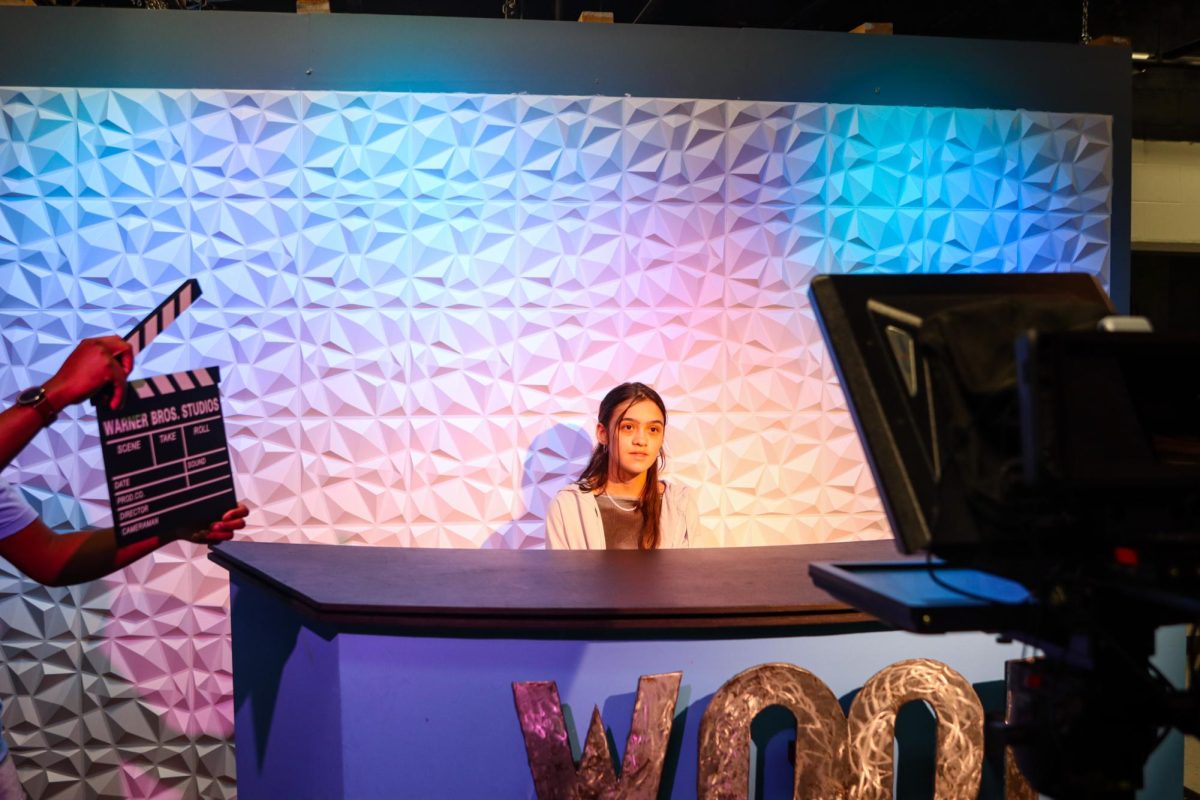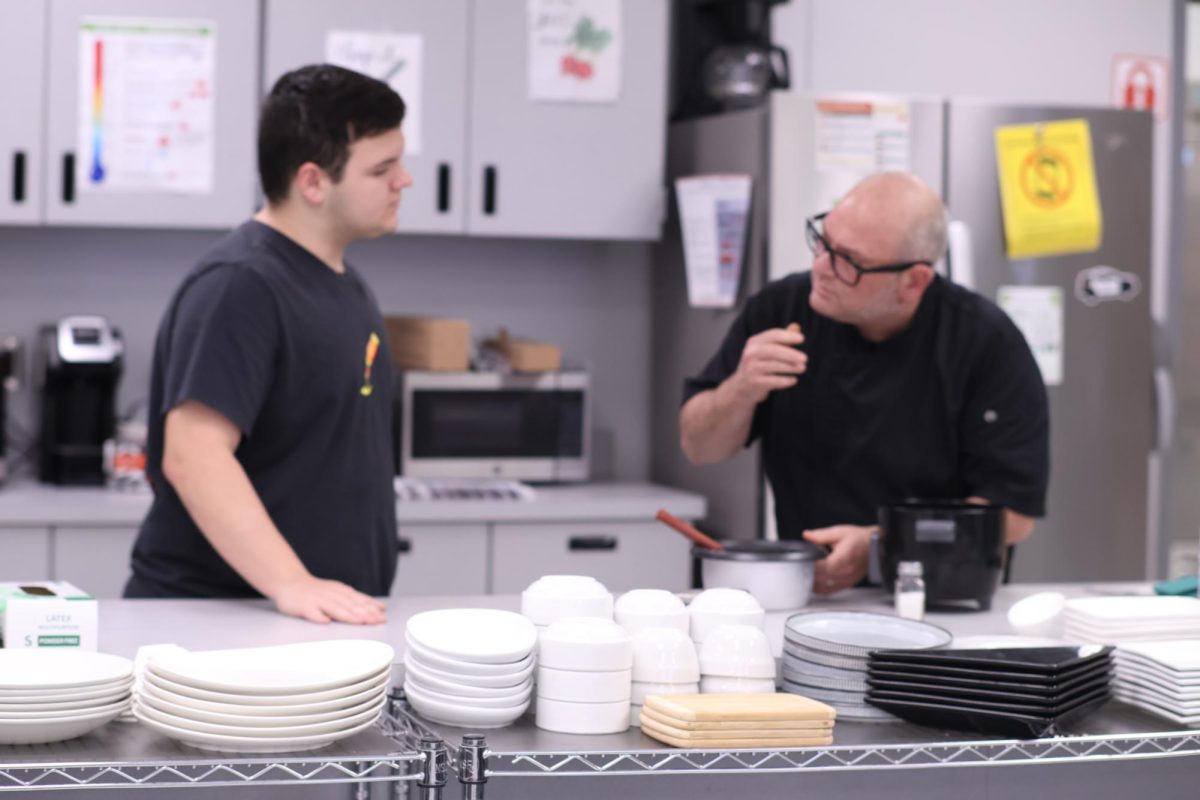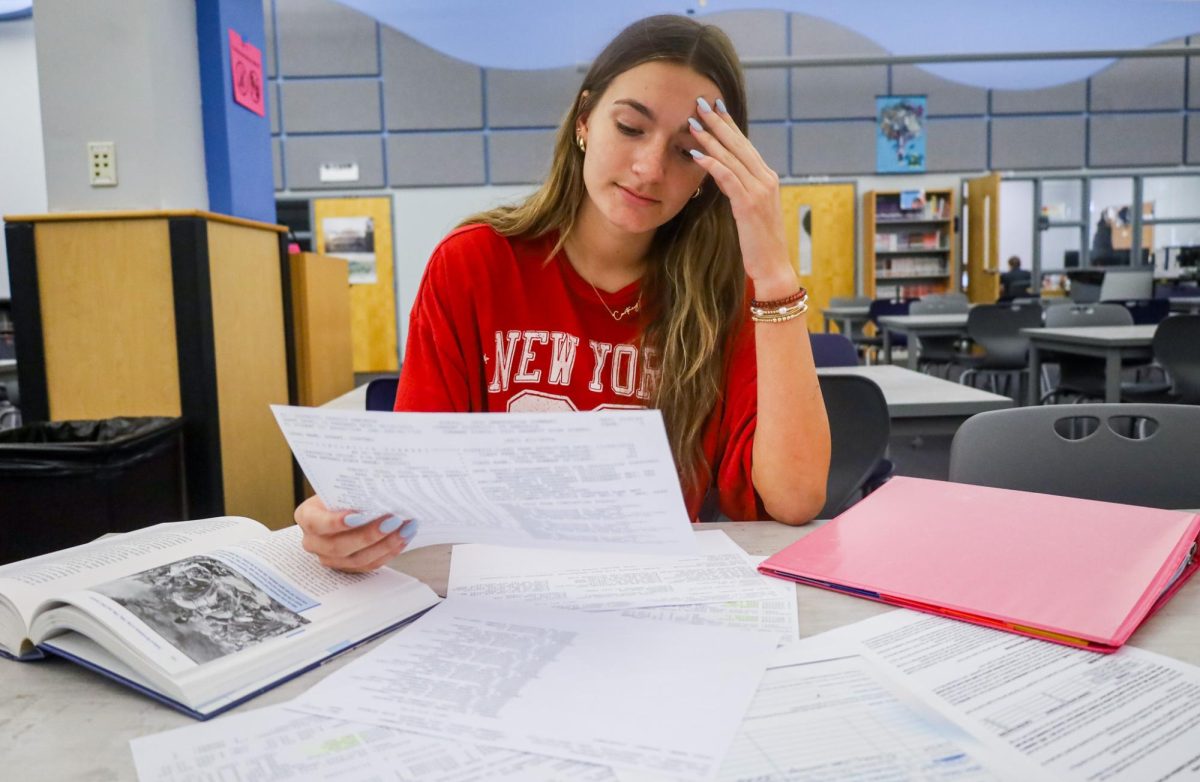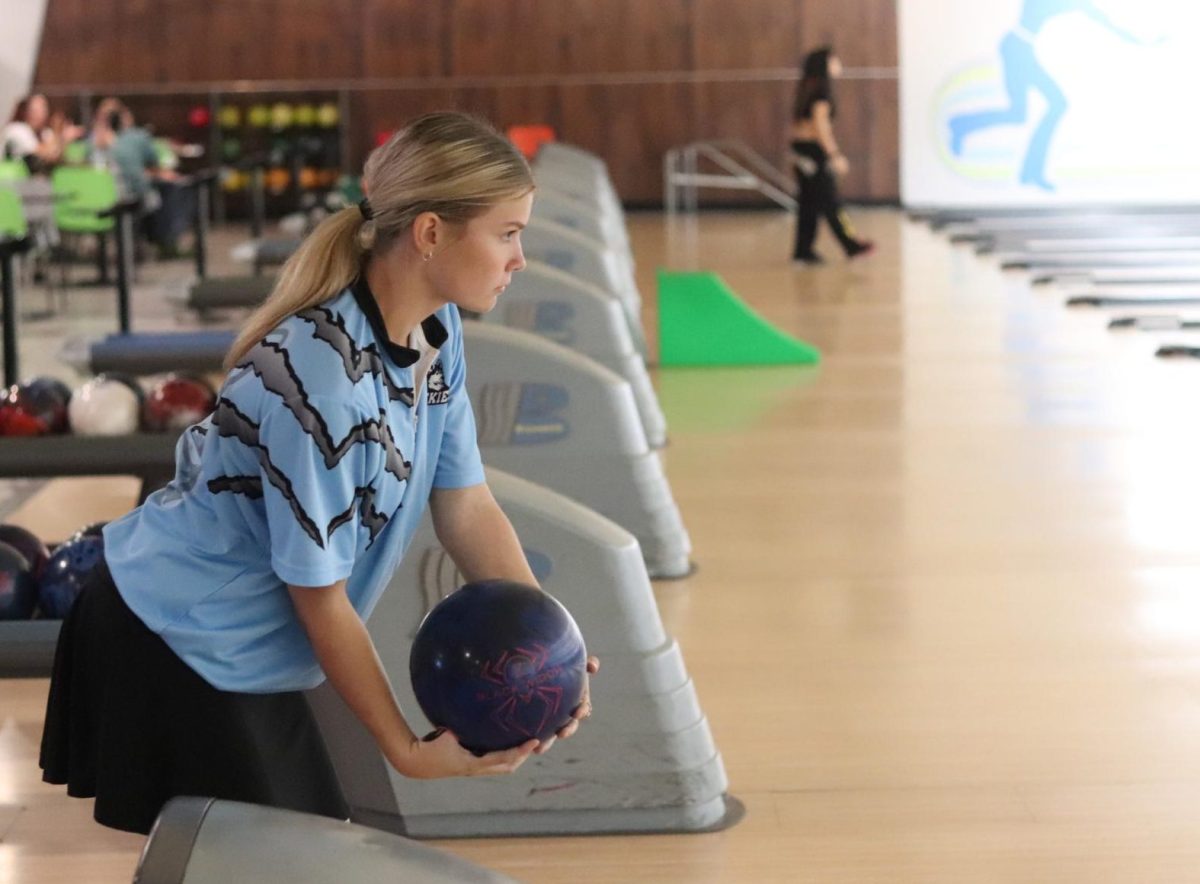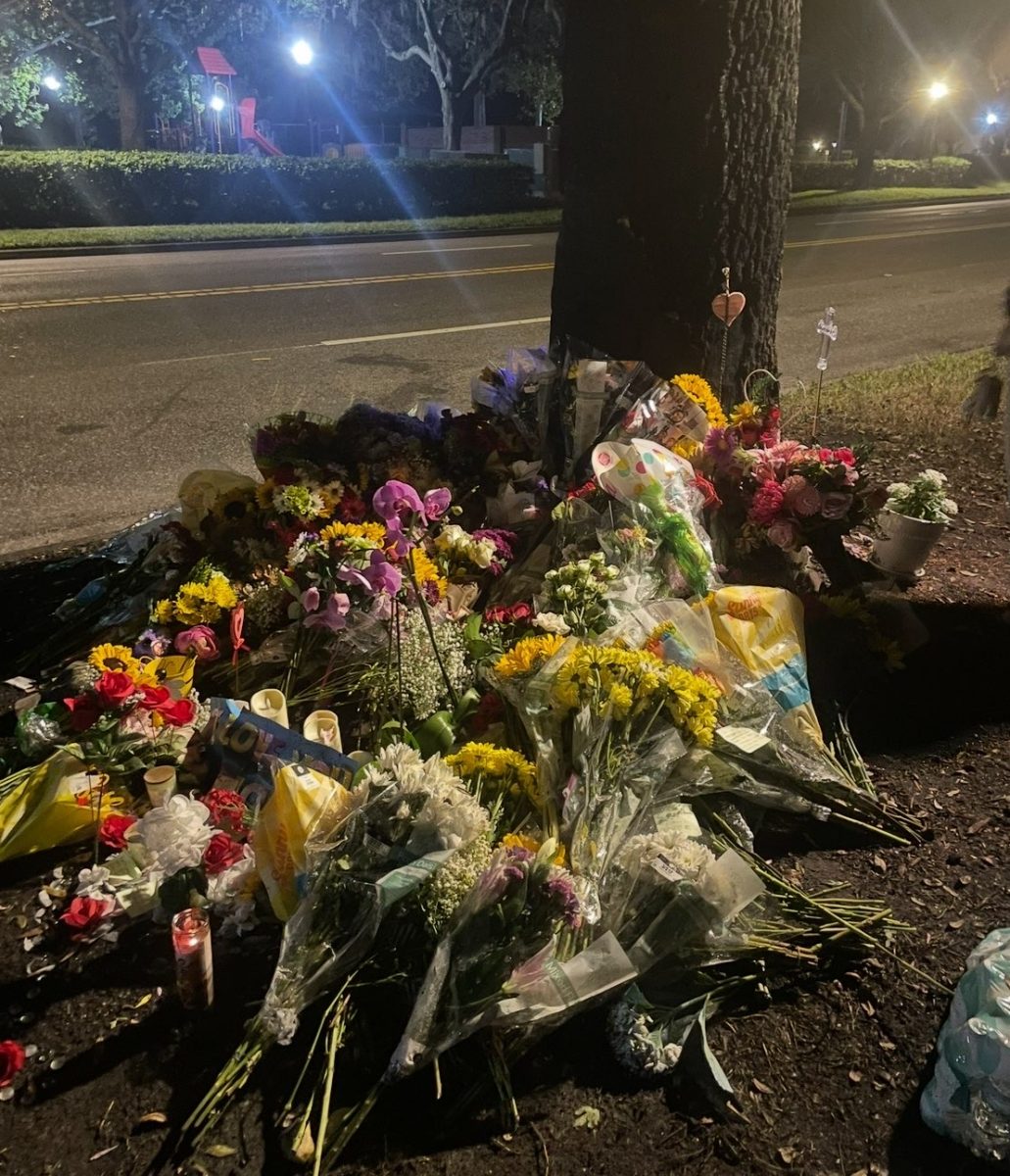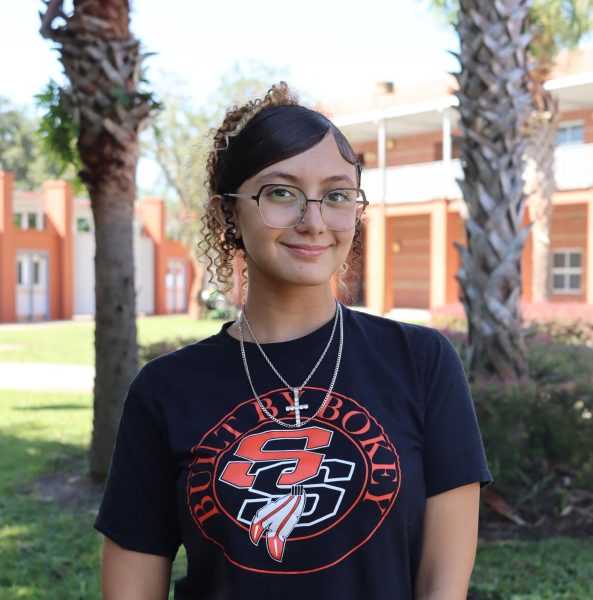A class where students have to write a 4,000-5,000 word paper and give a 15-20 minute presentation–most people’s nightmare. But for an AP Research student, this is just seventh period.
AP Research is a college elective course, earning students up to three college credit hours, where students choose one topic they are passionate about and work on it all year. Unlike most AP classes with a two-hour long exam at the end of the year, AP Research students are required to submit a finished research paper and answer questions from an administrative board during individual presentations in May.
In order to take this class, students have to take AP Seminar, and both classes are part of the Capstone diploma program.
During class, students are given time to work on their paper, with sparse lessons throughout the year on proper research ethics, citations, etc. Unlike traditional AP classes, teachers are not allowed to give extensive feedback on students’ papers, with most grades coming from peer review. The class is self-paced but has due dates set weeks apart to keep students on track. Even though AP Research teacher Angela Campbell gives students time in class, students often still have out-of-school work.
“It is more student-driven and more student-motivated. So it depends on how motivated you are in the class that day to get your work done versus what you have to do at home,” Campbell said.
Many students take this class because they wanted to continue working with the skills they learned in AP Seminar.
“I aspire to do research in the future, and I feel like this class was a really good way for me to gain exposure,” senior Neil Roy said. Last year, Roy studied how student-teacher relationships impact grades.
“I realized how important statistics plays a role in research,” Roy said.“I also learned how to juggle multiple things at once.”
Roy used his Spanish class to conduct his research and asked his teacher if he could survey the class throughout the year to obtain information.
Since students are expected to explore one topic so deeply, they typically choose something that connects to them personally. Junior Suriyah Ali chose to research hair growth in African American men and women.
“I’m African American, and the topic of our hair has a stigma around it,” Ali said.
Ali made a survey and is planning to send it out to people in Atlanta, Georgia in order to get more data for her topic. She is also going to have to do some online research, but there are more restrictions and requirements for finding data on the Internet.
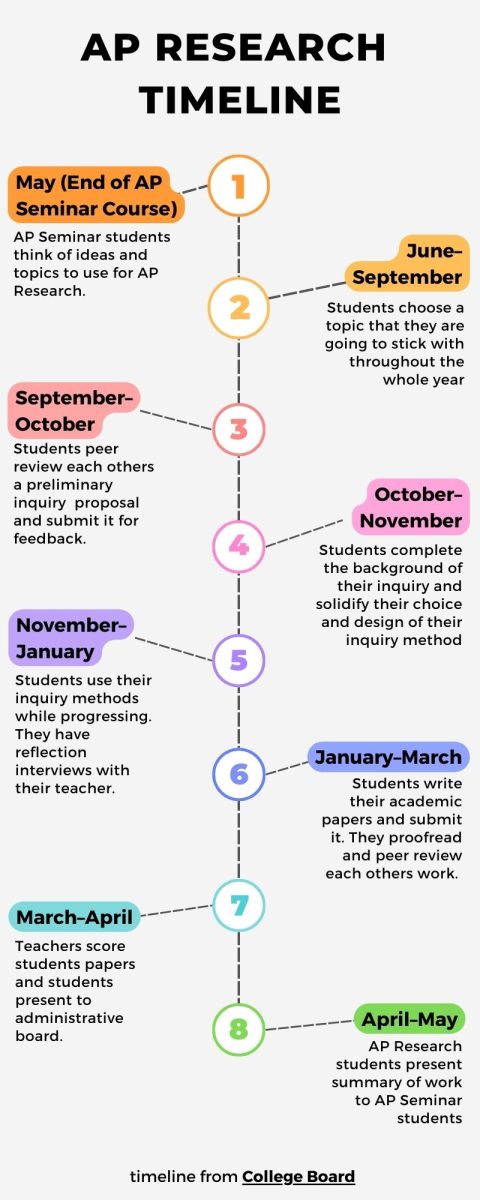
Choosing a topic for this class is not a quick decision, since there are so many requirements. A research topic can be anything, but it has to be something; it has to be something big enough for a student to be able to talk about it for 15-20 minutes. Junior Gulce Kilic chose to research the rise of sad themes in songs in the Billboard Top 100 since the pandemic.
“I feel like music has been a big part of my life,” Kilic said.“I’ve always gone to every concert with my sister, and music has been a big bonding moment for me as I’ve grown up.”
To support her thesis, Kilic is going to parse through Billboard Top 100 data from the past eight years, following the same requirements as Ali.
“It’s definitely hard at first to figure out your research question, but afterwards, once you figure it out and you get into the groove of writing, it’s pretty simple,” Kilic said.
Though this year’s students still have the majority of the work in front of them, seniors who completed the course last year admit the process is difficult but rewarding.
“It was really hard to figure out a topic because I had no idea what to do,” senior Emiaj Jaime said.“Because you have to do a research gap, which is basically finding a little loophole in research that already exists.”
Although finding a topic for Jamie was hard, towards the end of the year things got easier after she got all her research. She was stressed throughout the year, and especially before presenting, but she said it was all worth it because she was the only person in her class to get a 5.
Students find the course hard to balance with other classes, mostly because of due dates and school policy of losing credit if something is submitted late.
“I’m in three other APs and I do things outside of school, so it’s somewhat hard, trying to get these assignments done by their deadline,” Ali said.
Being unproductive in class makes it even harder to finish assignments on time, and students are forced to learn good time management as things start to pile up quickly.
“You just have to have really good time management,” Kilic said. “If you procrastinate, you can really get down a rabbit hole.”
Although this class can be stressful, some parts are easier than students might expect.
“[The easiest part is] the actual physical writing part,” Kilic said. “Something that you like writing [about] you get a lot more passionate about.”
Before writing the full paper though, students find it hard to get enough information for their paper and their presentation script.
“You have to back up every choice that you make within your research, and that can be really time-consuming,” Kilic said.“Finding sources to back everything up, and scholarly sources too [can be hard].”
Former students recommend the class to their peers who have good time management and enjoy writing.
“If this is one of the classes you want to take for an easy A, I don’t recommend it, but if you genuinely want to learn [then take it],” Roy said. “Overall, research is just a useful skill.”

